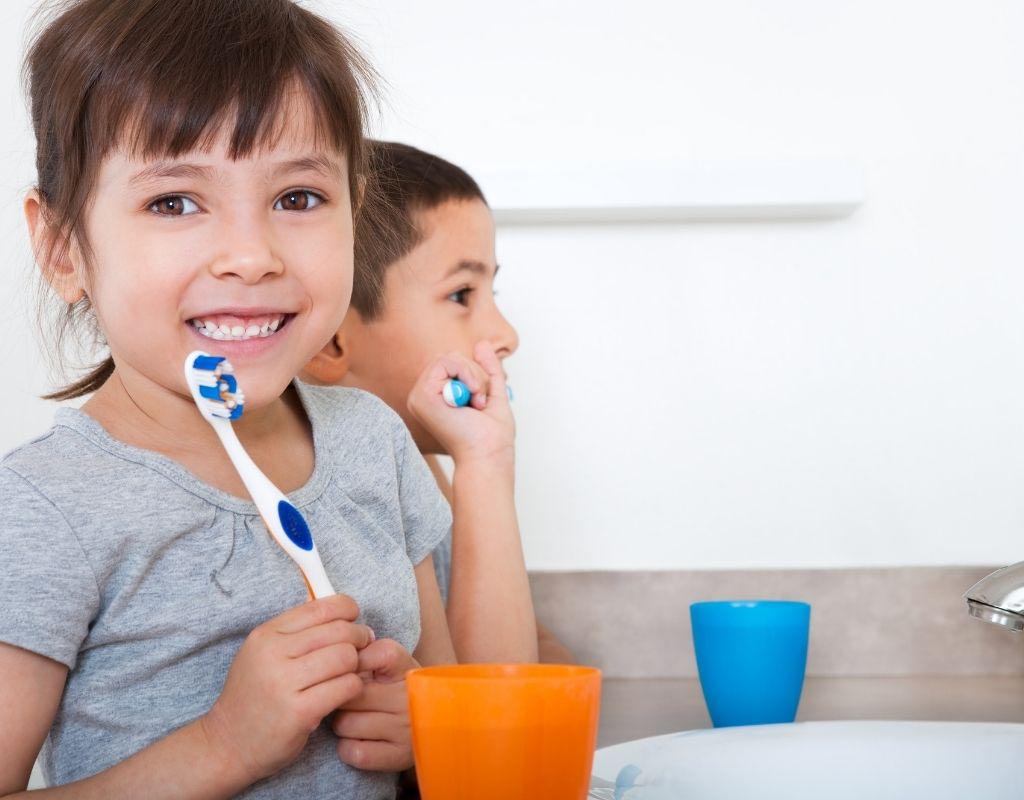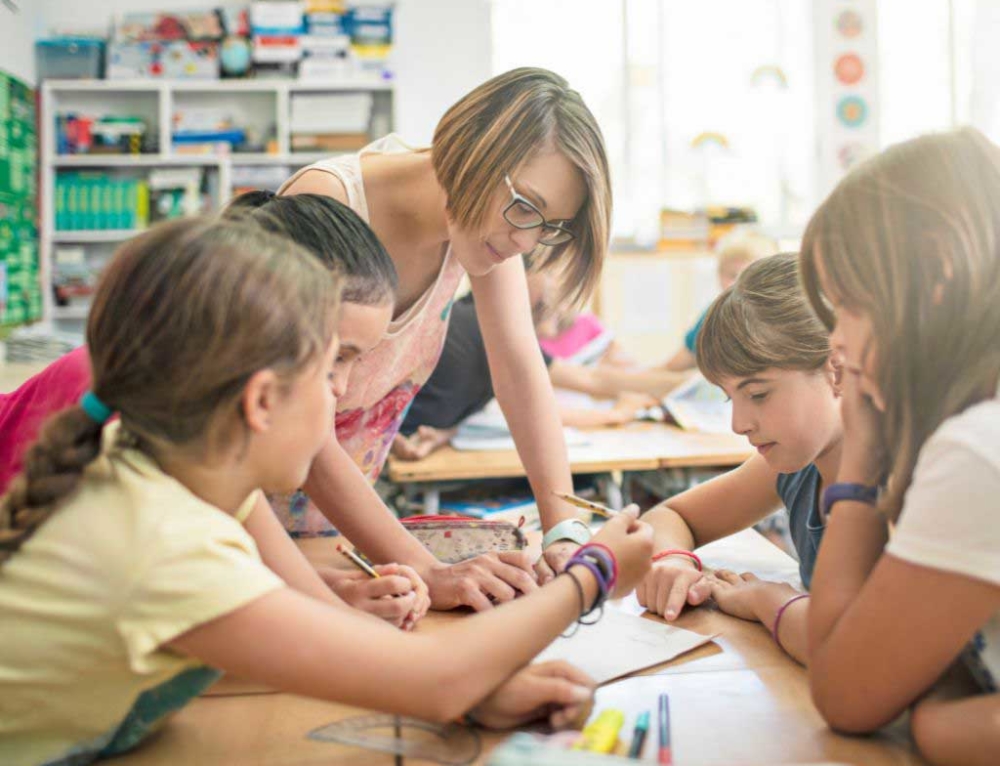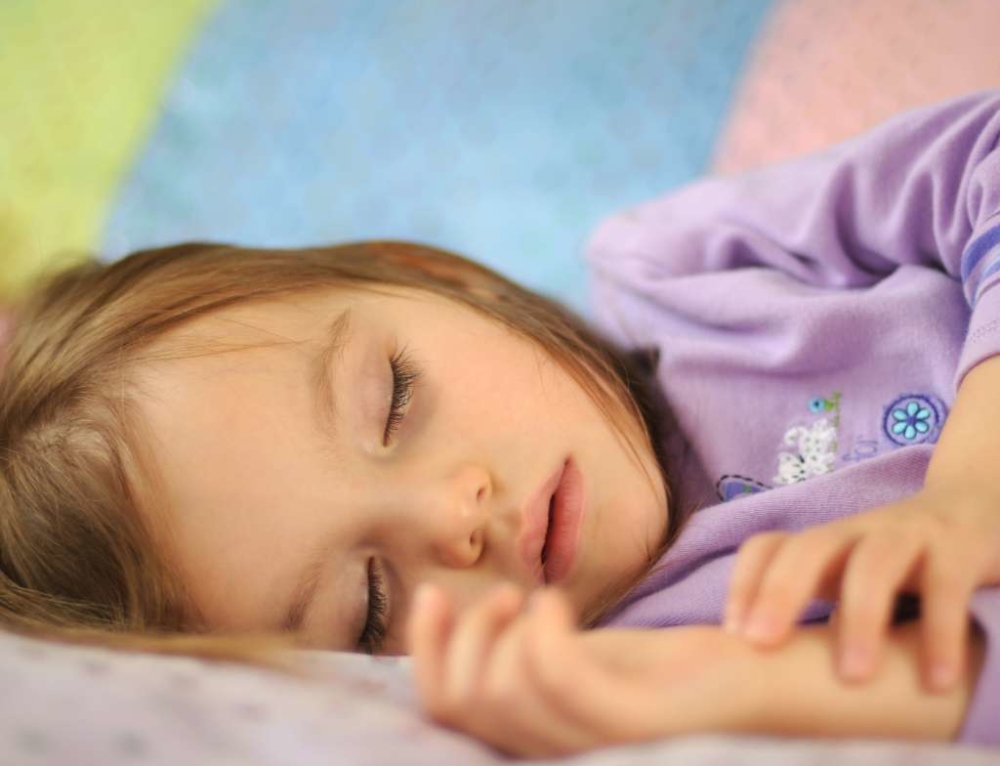From around 6 years old, your child will begin losing their baby teeth and the teeth that they will hopefully have for the rest of their life will emerge. Looking after those teeth is essential for your child’s dental health.
Poor dental hygiene can result in infections, chronic pain, or bad breath, and may also affect the way your child chews and talks. It can also affect your child’s self-confidence. Ensuring good oral hygiene is part of their daily routine can be a struggle for some kids. We look at some tips and ideas on how to help your child establish good dental habits for life.
Why we need to keep our teeth and gums clean
In order to help encourage your child to brush their teeth regularly, it might help them to understand why it’s so important.
The tooth decay and gum disease process starts with plaque – a bacteria in your mouth that sticks to your teeth. After eating, this bacteria breaks down the sugar from the food, creating an acid that can damage the tooth enamel (covering of the tooth) and start the process of a cavity formation. Plaque can also cause a gum disease called gingivitis.
So plaque is the problem – and needs to be removed regularly.
Technique tips
You will have been helping your child with their brushing technique before now, but do take the time to refresh their memory in case they’ve slipped into bad habits. It is recommended that you supervise cleaning until they are around 8 years old.
Correct technique:
- Follow the same cleaning pattern around your mouth each time
- Brush the sides (inside and outside) of the teeth at a 45-degree angle using short back and forward strokes (not circles). Make sure the strokes go down over the start of the gums.
- Use the same short back and forward brush technique for the top of the teeth too
- Some people like to brush the back of their tongue too to remove any food and bacteria
It should take around two minutes to correctly clean teeth. A kitchen timer or similar can be used to help the kids know if they’re brushing for long enough.
Routine
You still have control of their daily routine so try to take advantage of that. Encourage them to brush their teeth after breakfast and before bed every day. This means that even on days that they don’t leave the house they still might remember to brush. Brushing before bed is a bit easier to remember than in the morning so you could create a routine after breakfast – dishes in the sink or the dishwasher, have a drink of water and head straight through to clean their teeth.
You could pop a reminder note on the back of the toilet door!
The toothpaste
Once your child is 6 years old they can begin to use regular adult fluoride toothpaste but some children find the mintiness of some toothpaste feels very ‘hot’ in their mouth. Try and ensure the toothpaste they like is available to them – it might be that you end up with different kinds of toothpaste for different family members.
The brush
Let your child choose their own brush. Just make sure it has soft bristles as medium and hard brushes can damage the protective enamel coating.
From 3 years old children can use electric toothbrushes and this may help your child clean their teeth more thoroughly. Some models will play a tune when two minutes of brushing is done. There is no need to move an electric toothbrush back and forward in a brushing motion – they can simply move the brush slowly around making sure to get at a 45-degree angle so the edge of the gums are well cleaned.
 Written by Robyn Cody
Written by Robyn Cody
Robyn creates content on Kidspot NZ. Her hobbies include buying cleaning products and wondering why things don’t then clean themselves, eating cheese scones with her friends, and taking her kids to appointments.
Favourite motto to live by: “This too will pass”







Leave A Comment
You must be logged in to post a comment.